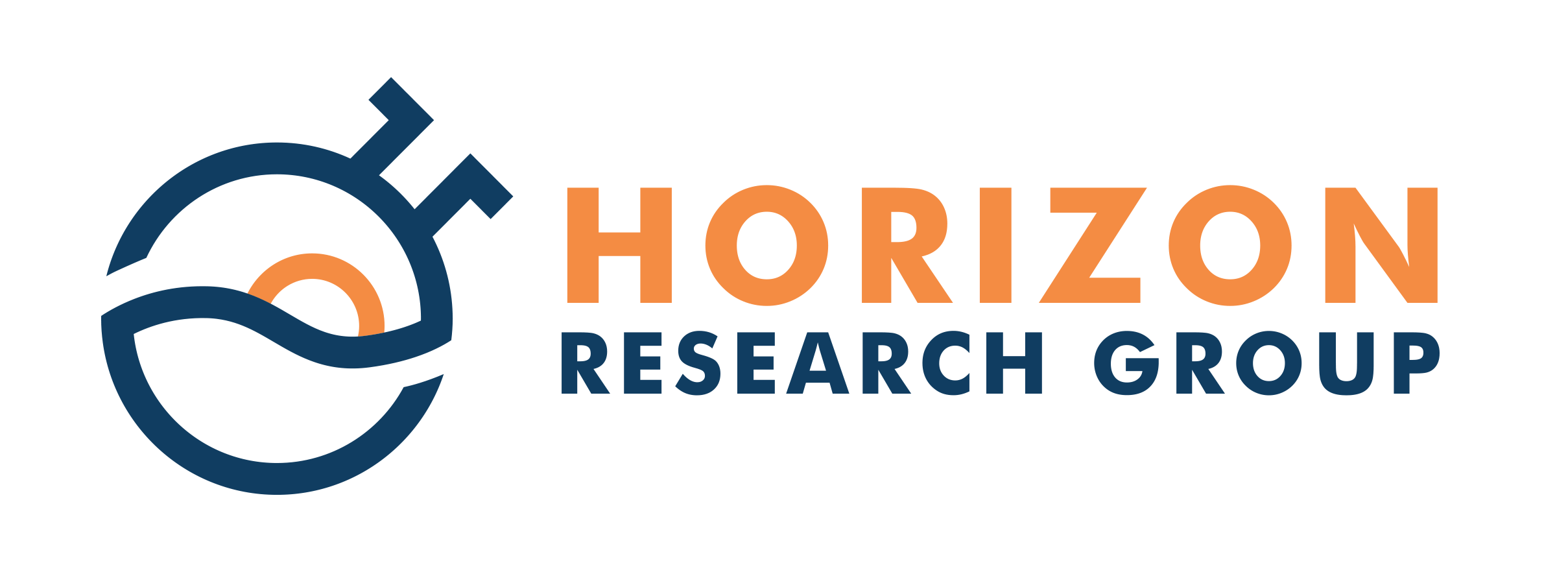WHAT IS A CLINICAL TRIAL?

Clinical research trials are experimental testings to evaluate investigational drugs and treatments. A new investigational drug or treatment must be proven to be both safe and effective in order to be considered for approval by the U.S. Food and Drug Administration (FDA). A carefully monitored clinical research trial is the best way to discover if a new treatment is safe or even more effective than approved medications already on the market. Phase I trials are the first step in testing a new drug or treatment in humans. These trials are performed after extensive testing in animals with satisfactory safety results that provide answers on the best treatment options. A team of professional research staff carefully monitors to prevent harmful side effects and other possible risks. Phase II trials are larger studies that continue to test the safety and effectiveness of a new drug or treatment in a larger number of volunteers, generally comparing the product with a ‘placebo’ or ‘blank’ treatment.
This is done in a ‘blinded’ and ‘randomized’ manner in which neither the physician nor patient knows which product is being administered.Phase III trials are larger and longer studies that are done when the new drug proved effectiveness in Phase II studies. Phase III trials are the final steps toward approval of a new drug or treatment by the FDA. Phase III trials are usually ‘blinded’ and ‘randomized’. Participants agree to be randomly selected, meaning they are assigned by chance to one group or another in the research study. Phase IV trials involve drugs or treatments that are already approved by the FDA. These studies are performed for a variety of reasons which may include addressing different doses, regimens, applying to different medical conditions, or comparative studies for generic approvals.
Studies Conducted
Studies Actually Completed
%
Average Percent of ‘Completed’ Studies that met Enrollment Goals
Turn-Around Time EDC Capabilities

Why volunteer?
Medical research allows medical scientists and physicians to gain greater knowledge on various diseases and treatment. While some clinical trials may offer cutting edge treatments that have never been tested, others may only be comparing the effectiveness of one drug to another. Horizon Research Group conducts clinical trials to help discover new and innovative medical treatments. By participating in clinical research studies, not only do you contribute in the development of a new medication, but you play an important role in helping thousands of patients worldwide who suffer from the same or similar ailment. All prescription medications are approved and have completed the clinical trial process, therefore volunteering to participate in a clinical study is one of the best ways to further understand diseases which may affect you or someone you love.
There are several benefits of participating in a study such as receiving professional medical treatment at no cost, as well as gaining knowledge and understanding of your medical condition and managing it effectively. Each year, millions of volunteers participate in clinical research studies worldwide. We at Horizon Research Group, appreciate your willingness to volunteer and participate in our clinical trials. For more information on how to how to participate as a volunteer or to obtain further information about our programs, please contact info@horizonmedresearch.com.We thank you for your contributions to medicine and our community.
Patients in the Database
Average of Patients Enrolled
%
Average of Patients Randomized
Regulatory Submission Turn-Around Time
Horizon Research Group
Contact Us
Contact Details
Office Hours are:
Monday - Friday 8:00 AM- 6:00 PM
717 Ponce De Leon Blvd Suite #301, Coral Gables, FL 33134
(305) 570 - 2016
(305) 676 - 2253
info@horizonmedresearch.com
